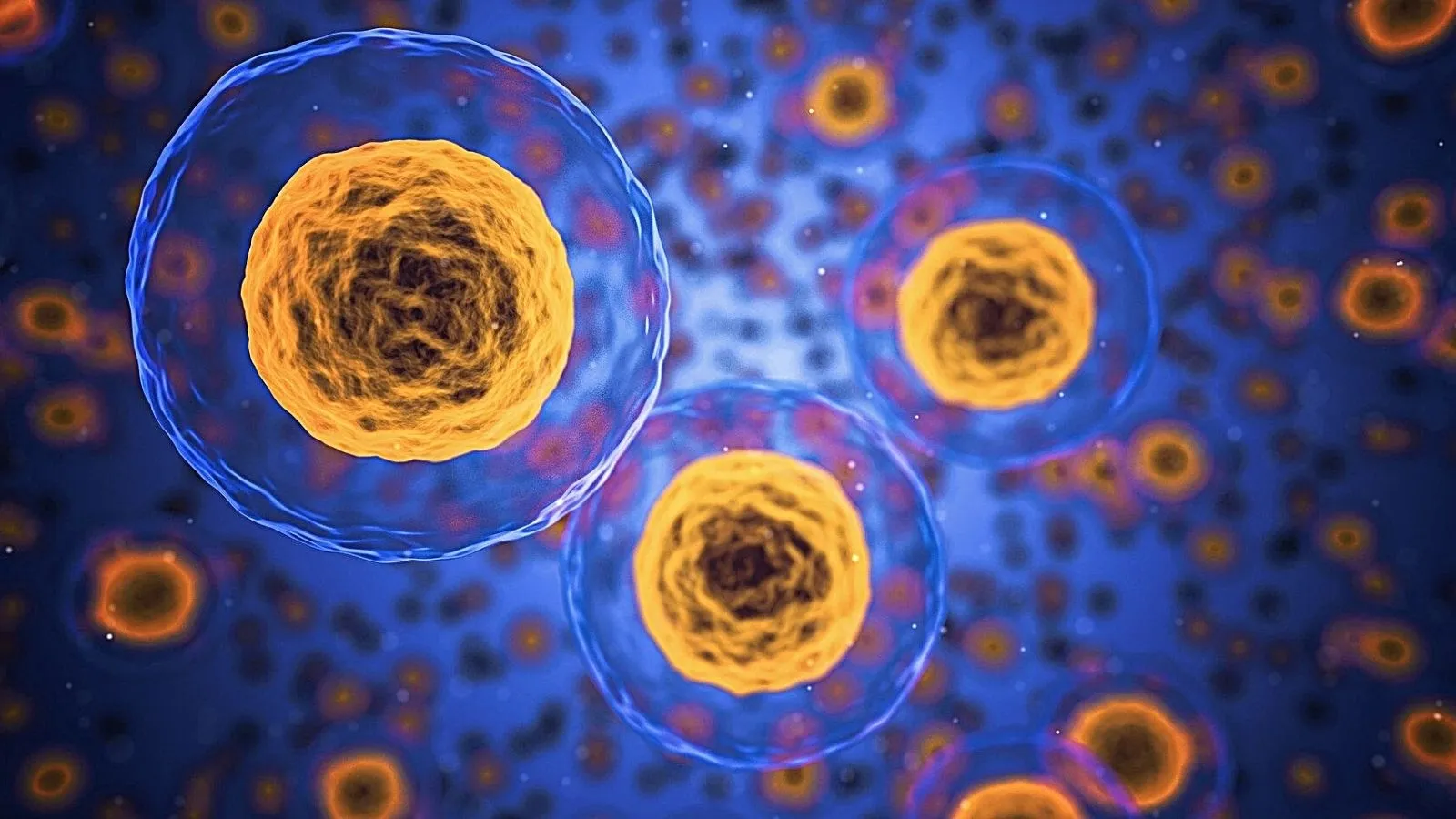Group 1 beta cells with high expression of the CD63 gene can support most of the workload of producing insulin, so their loss could have a deep impact, according to researchers.
Beta cells produce insulin in the pancreas, which helps balance blood sugar levels.The loss of a particularly productive type of these cells could contribute to the development of diabetes, according to a new study by Weill Cornell Medicine researchers.
For the study, published in ´nature Cell Biology´, Dr. James Lo, Associate Professor of Medicine at Weill Cornell Medicine, and his team, measured the gene expression in individual beta cells collected from mice to determine how many different types of beta cellsexist in the pancreas.
The team discovered four different types of beta cells, including one that stood out.Beta cell group 1 group produced more insulin than other beta cells and seemed to be more capable of metabolizing sugar.The study also showed that the loss of this type of beta cells could contribute to type 2 diabetes.
The researchers used a technique called unicellular transcriptomic to measure all the genes expressed in individual mouse beta cells and then used that information to group them into four types.
Group 1's beta cells had a unique gene expression firm that included a high expression of genes that help cellular power plants called mitochondria to break down sugar and enhance them to secrete more insulin.In addition, they were able to distinguish the beta cells of group 1 from the other types of beta cells by their high expression of the CD63 gene, which allowed them to use the CD63 protein as a marker for this specific type of beta cells."CD63's expression provided us with a way to identify cells without destroying them and allowed us to study living cells," according to this expert.
When the team analyzed the human and mouse beta cells, he discovered that the beta cells of group 1 with high expression of the CD63 gene produce more insulin in response to sugar than the other three types of beta cells with low expression of CD63."They are beta cells of very high functioning. We believe they can support most of the workload of producing insulin, so their loss could have a deep impact," said Dr. Lo.
In mice fed with a high fat diet that induces obesity and mice with type 2 diabetes, the number of these beta cells of insulin producers decreased."Because the number of cells of group 1/CD63 high decreased, it is possible that it has less insulin production, which can play an important role in the development of diabetes," he added
"With this study it is confirmed that it could be important to subtipify beta cells and that we need to study the role of these special beta cells of group 1 in diabetes," concluded Dr. lo.


